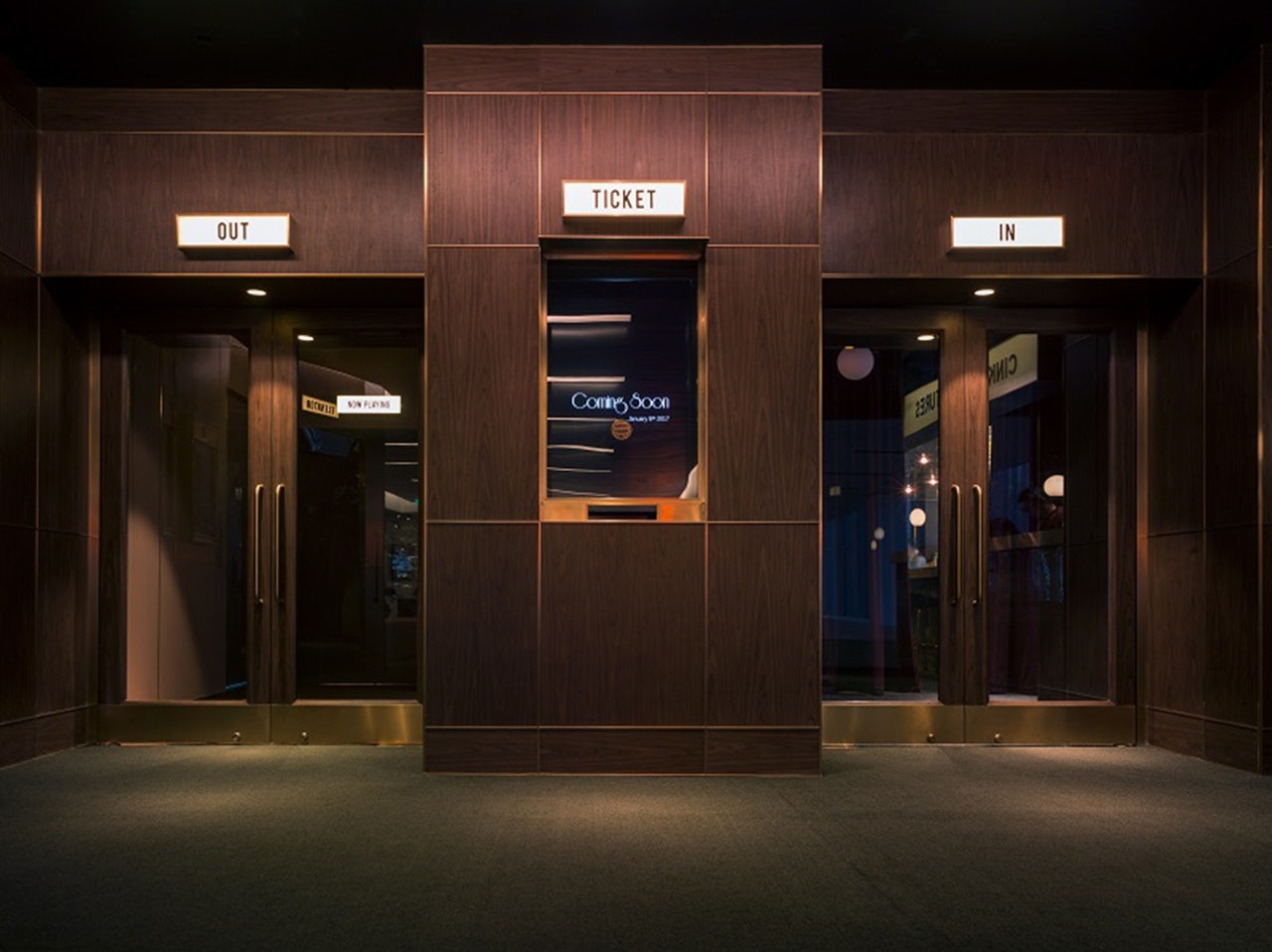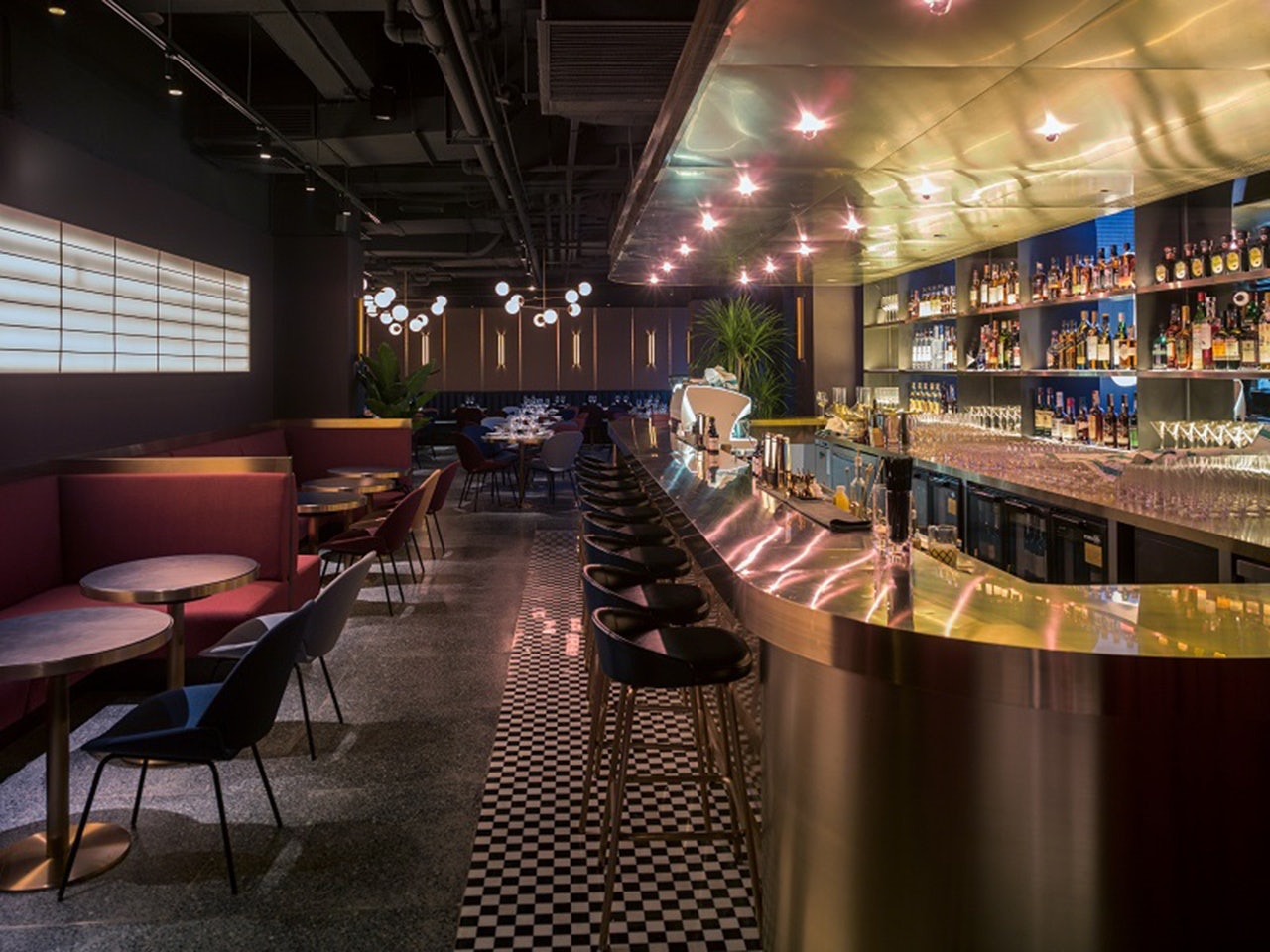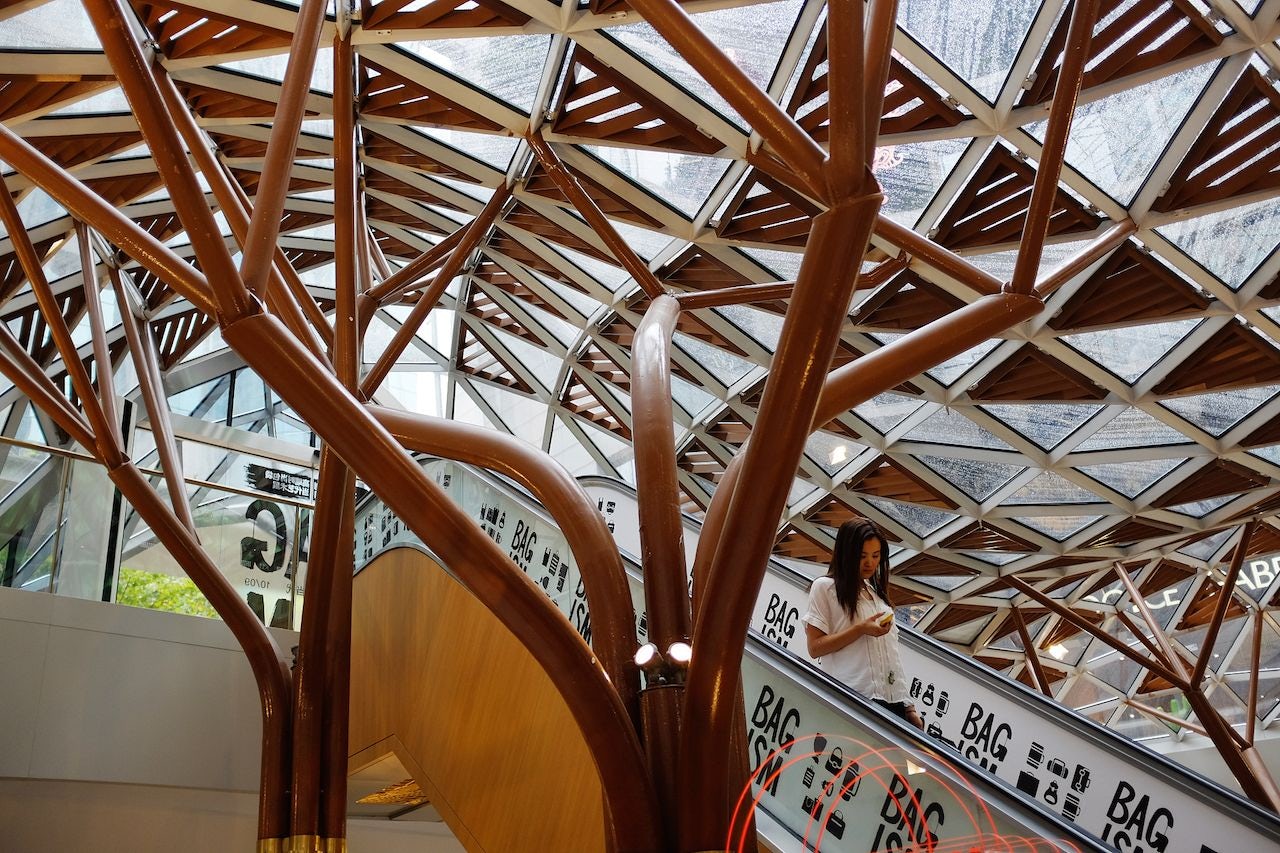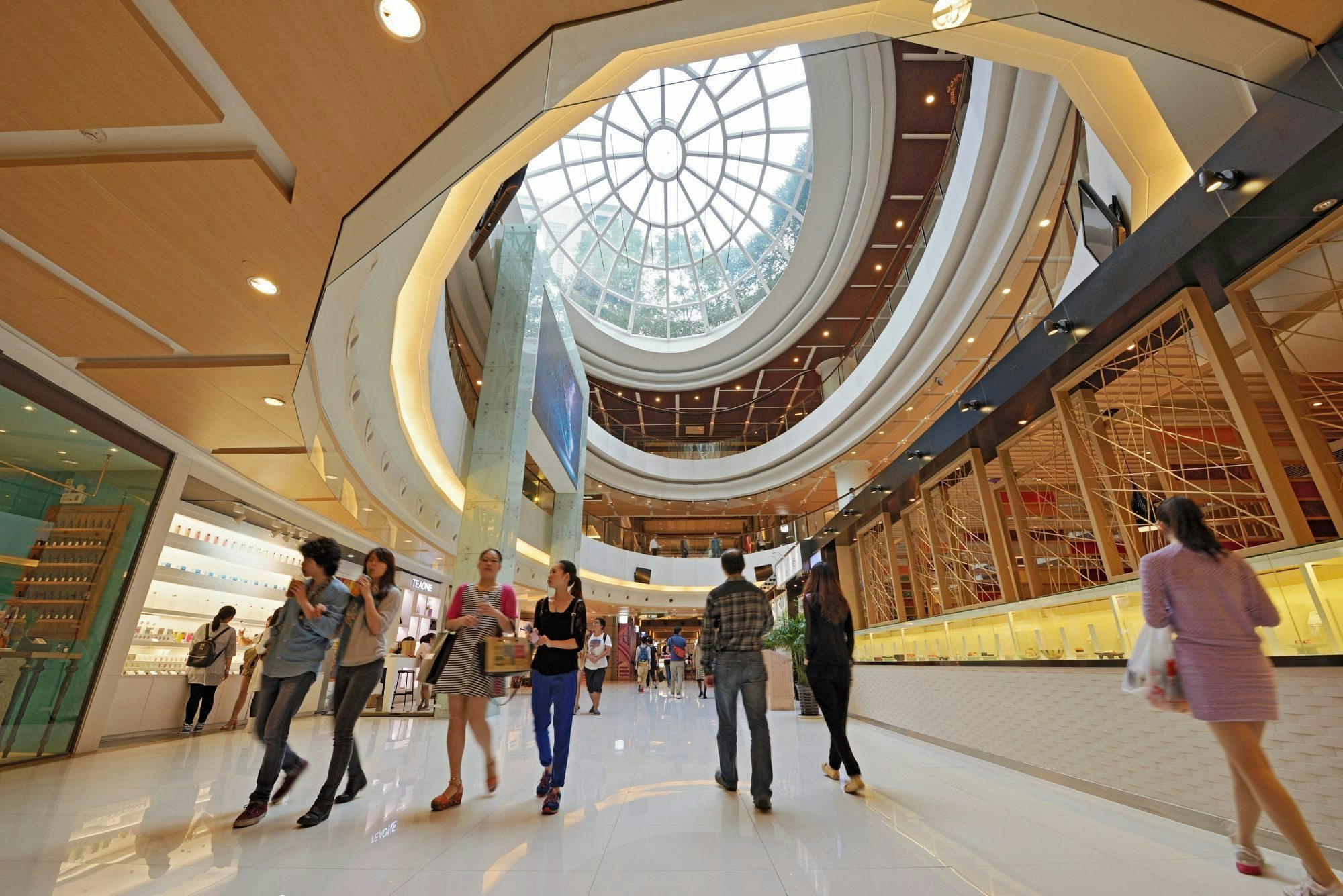Shopping malls are going through a rapid transformation in China, where e-commerce and mobile shopping has exploded. Once mega spaces with elaborate window displays reserved for the big name luxury labels, malls are now playgrounds for the young and the wealthy—and what that entertainment looks like is rapidly evolving.
Last year, the Printemps shopping mall in Shanghai made international headlines for its five-story slide. Art installations have also been a big hit, with K11 Art Mall in Hong Kong and Shanghai leading the way for the concept-driven environment.
New mall developments are also now reserving ample space for major fashion shows and brand pop-ups and installations to drive foot traffic into the physical retail space. The trend seems to be having an effect in some cases—Nikkei Asian Review recently reported that a shopping mall in Shanghai saw a 50-percent growth in revenue in the first half.
But as the market begins to mature, customer experiences in some retail spaces are beginning to get even more boutique-like.
In Beijing's tony Swire Taikoo Li, for example, a new upscale cinema with a restaurant and bar called Cinker Pictures caters to a discerning, design-loving clientele looking for “more than just a dinner and a movie.” Amanda Zhang, a partner in the business, said they are aiming to put a new spin on the entertainment space, one that until recently in China, was mostly filled with traditional movie theaters and karaoke bars.

Cinker Pictures, China’s first independent cinema, is small and sleek, and a seeming nod to Wes Anderson’s “The Grand Budapest Hotel.” Unlike your average cinema, Cinker only has three screening rooms featuring a selection heavy on Hollywood classics and art films, both international and Chinese. The theater also prides itself on putting a lot of thought into the food and drinks menu to keep customers coming back.
Cinker is the first movie theater of its kind in a shopping mall in China. Its neighbors are a roster of upscale restaurants, a gym, and numerous luxury and lifestyle retail flagships that have mastered the customer experience in the physical space like eyewear brand Gentle Monster and Mercedes me. And it plans to take its concept beyond Beijing, starting with Swire properties in other cities around China.
Not only does the theater have the potential to draw in new customers to the mall, but it also collaborates with neighboring luxury brands to offer their VIP clients cinema vouchers to help enrich their customer experience. It also offers luxury brands the option of renting its space to host exclusive press events. Recently, the theater hosted a screening of fashion films.
Other forms of entertainment are happening at the mall's core—within the brands themselves. French perfumer Diptyque recently hosted an ice cream stand pop-up outside its store that let curious foodies discover flavors that matched the signature fragrances they sell.
More brands are also creating online to offline experiences to bring customers into the physical retail space, and savvy mall landlords tend to seek out tenants that have this strategy mastered. For example, the Grand Summit mall in Beijing selects brands that have a strong e-commerce presence and want to increase brand recognition with a brick-and-mortar platform.
Sometimes, even more retail can bring in extra foot traffic to a mall. Beijing's Topwin Center shopping mall, which sells primarily local indie labels, plays host to one of the biggest markets in town, the Woodstock of Eating. With its vendor tents located right at the corner of two major retail developments in the city, it's one up-and-coming strategy for landlords who want to diversify their offerings to customers. These customers are, in large part, millennial shoppers looking for new things to do, according to Lizzie Li, a Woodstock of Eating market vendor and the founder of an events app called Gmu, which is similar to Meetup.com.
“These markets are good for this mall because people come here and then they go into the building,” she said. “This is a trend—young Chinese consumers are fond of finding different activities to do. They’re looking for more fun stuff and not just the big brands.”



